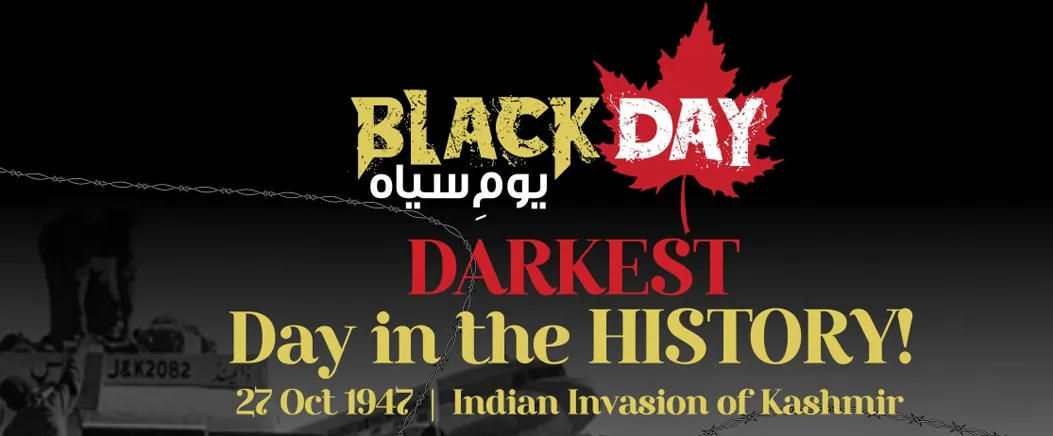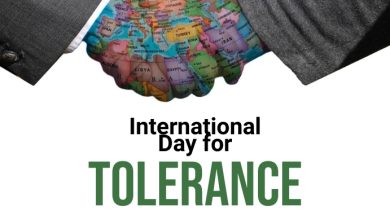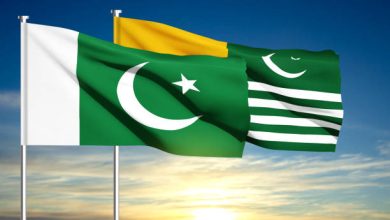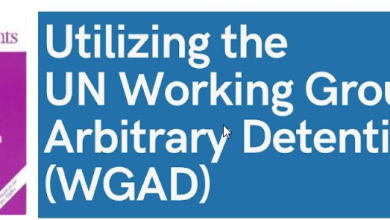October 27: Black Day—Historical context and ongoing Kashmir struggle

October 27 is remembered as the “Black Day” by the Kashmiris, marking India’s forcible occupation in 1947. On this day, Indian troops landed in Srinagar, disregarding the will of the Kashmiri people and violating the Indian Independence Act and Partition Plan. Each year, Kashmiris observe this day with shutdowns, rallies, and demonstrations worldwide.
The roots of this observance lie in the historical context of the Kashmir dispute. The Partition Plan allowed princely states to choose between India and Pakistan based on geography and demographics. However, India illegally occupied three states, including Jammu and Kashmir, despite its Muslim majority. Maharaja Hari Singh’s controversial Instrument of Accession to India has been widely disputed, with many arguing it was never formally executed. In the ensuing chaos, over 300,000 Kashmiri Muslims were massacred.
The Boundary Commission’s flawed demarcation further exacerbated the situation, granting India access to Jammu and Kashmir through the Muslim-majority Gurdaspur district. From the outset, Kashmiris resisted Indian occupation, leading to the liberation of a significant area now known as Azad Jammu and Kashmir.
In January 1948, India sought UN intervention, resulting in several resolutions calling for a ceasefire, demilitarization, and a plebiscite to determine Kashmir’s future. While a ceasefire was implemented, the promised plebiscite remains unfulfilled, despite commitments made by Jawaharlal Nehru to resolve the issue democratically.
After exhausting all peaceful avenues to resolve the Kashmir dispute, Kashmiris launched a massive uprising in 1989, seeking to end the status quo and secure their right to self-determination. In response, occupation forces, operating under draconian laws, have committed egregious human rights violations. Over the past 35 years, these forces have martyred more than 96,000 Kashmiris, left nearly 23,000 women widowed, and orphaned over 100,000 children. Additionally, over 11,000 women have faced molestation or gang rape, while thousands of innocent youths have gone missing in custody, their fates unknown. Despite this state terrorism, India has failed to quell the resilient Kashmiri struggle for freedom.
Following the illegal abrogation of occupied Jammu and Kashmir’s special status by the Narendra Modi-led Indian government in August 2019, human rights abuses by Indian troops have significantly intensified in the region. Concurrently, New Delhi has escalated efforts to alter the demographic composition of the territory, aiming to marginalize the Muslim population. To this end, the government has granted domicile status to hundreds of thousands of non-Kashmiri Hindus, including Indian army personnel and migrant laborers, thereby threatening the region’s demographic balance and undermining the rights of its indigenous Muslim community.
The observance of October 27 as Black Day serves to highlight the plight of Kashmiris and appeal to the international community for support in resolving the Kashmir dispute in accordance with their aspirations. It sends a clear message to India: Kashmiris reject illegal occupation and will continue their fight for self-determination, as promised by multiple UN resolutions. Resolving this dispute is essential for lasting peace in the region.
Editorial: KMS








